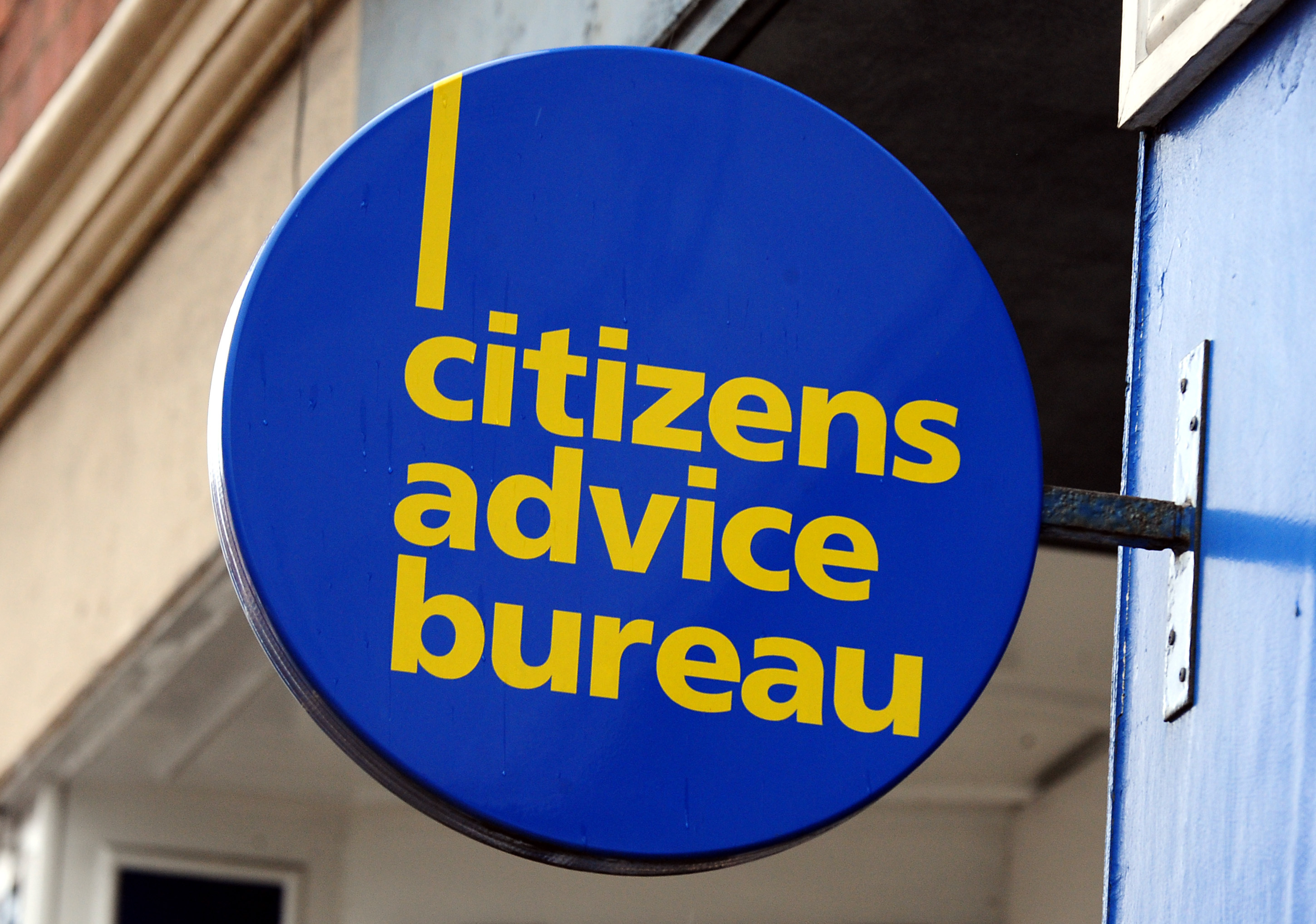A third of people using Citizens Advice services in Scotland say they never or “very rarely” use the internet, according to a new report.
The UK Government plans to move the majority of job applications and benefit claims online by 2017, but Citizens Advice Scotland (CAS) found that difficulties using computers or the internet is already hampering people’s application attempts and leading to sanctions.
More than half of the 601 CAS users surveyed said they cannot apply for benefits or jobs without help, and both trends are highest in deprived areas.
CAS found people have had their benefits removed for not carrying out job search commitments.
It said one man was sanctioned as he did not have a computer at home and relied on library computers to look for jobs, but the library was closed for the Christmas holidays.
Other claimants lost benefits as they could not use computers due to literacy difficulties or because they struggle with technology, it said.
CAS policy officer Patrick Hogan said 33% of clients are “excluded from using computers or the internet”, and he called on the Government and local authorities to help bridge the digital divide.
He said: “Those of us who use the internet every day know it is a fantastic tool which opens up a whole new world of choice and possibilities.
“But for many that world is closed off. It’s something that they see other people do, but they lack the facilities, the skills or the confidence to get online themselves.
“This doesn’t just limit their experience of life. It stops them accessing vital services. The UK Government’s ‘digital by default’ strategy aims to force people to access public services online.
“For example they have a target that 80% of all benefit claims should be made online by 2017, and Jobcentres are requiring that some people apply for jobs online – or risk losing their Jobseeker’s Allowance (JSA).
“Our report today is a wake-up call to both governments, and to local authorities, charities and other agencies.
“People who are not using the internet are not going to suddenly start without a lot of encouragement and support. Vulnerable people should not have their benefits withheld or their JSA sanctioned because they are unable to use a technology that is unfamiliar to them – and this is happening at the moment.”










